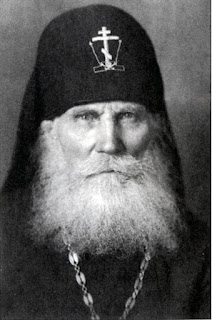Saints Barsanuphius the Great and John the Prophet. "Letters".
LETTER 394
Question from the same [brother] to the same Old Man: “Often the memory of godly fear comes to me, and immediately I remember the judgment and am touched by compunction. How, then, should I receive such a memory?”
Response.
At whatever time such a memory comes to you, namely, compunction over what you have done wrong either in knowledge or in ignorance, be careful lest this occurs to you through the action of the devil unto greater condemnation. And if you say: “Then, how do I distinguish genuine compunction from the one caused by the devil?” listen. Whenever such a memory comes to you and you strive to show correction in your deeds, this is genuine compunction, through which sins are forgiven. If, however, you see that you are touched by compunction after this memory, and yet you still fall into the same sins or even worse ones, then you should know that this memory comes from the enemy, who suggests this memory to you only in order to condemn your soul. Therefore, behold, the two ways are clear for you. If you want to fear condemnation, avoid its works.





















